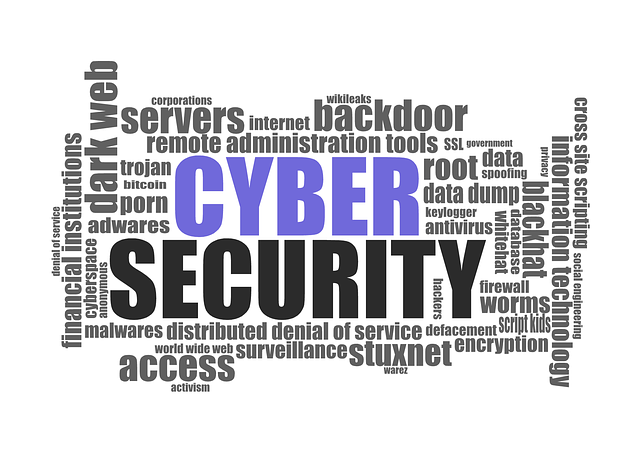Working remotely has become the standard way of living for digital nomads and freelancers. But it does come with its risks. Thus, not having the time to study the cybersecurity essentials is no longer an excuse.
If you work for a corporate employer, their policy might require using cybersecurity software. But even if it doesn’t, sensitive work-related data is at stake.
You wouldn’t want to compromise a good working relationship with your clients, would you? Then take a look at this list of cybersecurity software you should always be using to avoid taking unnecessary risks.

-
Password Manager
Hardware security keys and biometrics are indeed getting traction. But traditional passwords are still the standard means of protecting your digital accounts and assets. Immediately, this presents the question of balancing convenience versus safety. It’s almost impossible to come up with a strong password that’s also easy to remember all at the same time. Not to mention, you’re likely to use more than one password altogether.
That’s where password managers come in. Instead of having to remember it all by heart, this neat piece of software will remember it all for you. You only need to provide one master password to access the rest of them on demand. Thus, sacrificing the strength of your passwords only for the sake of being able to remember them is no longer necessary.
-
VPN
Fancy the idea of visiting a local coffee shop and doing some work while sipping on your favorite cup of latte? If that’s the lifestyle you desire, proceed to use the free WiFi in such places with caution. Public WiFi tends to be inherently insecure. Unless you use a VPN, you could find your sensitive data intercepted before you know it. Would you be willing to subject your login credentials and work-related files to such a risk?
The beauty of VPNs is that they establish an encrypted tunnel to pass the information in a manner that is safe and secure. Thus, it allows your data to reach its intended destination without someone snooping on it. Only then you can drink your coffee while doing some work in peace without compromising your online security.
-
Encryption Tools
Relying on your primary computer password to protect your sensitive data is not enough. Even more so if you use the cloud to store or back up your files. Hackers can attack both your machine and cloud, and they have advanced means to do it.
For instance, some data-stealing malware can send any file on your computer straight into the hands of the attacker. It doesn’t matter whether your computer has a login password in place or not. Let’s not even start on the ways exposed or lost work files can hurt you.
That’s why it’s a wise idea to get encryption software. Many free and premium options are available. For example, you can download Nordlocker for Windows to protect specific files. It makes it easier to transfer encrypted data or upload it to the cloud. And even if a third party intercepts them, they won’t have enough resources at their disposal to decrypt them.
-
Antivirus
Malware has been around since the dawn of time (or internet, at the very least). An attacker can design it to steal your data or login credentials, record your keystrokes or screen…without you even knowing it.
There’s no way of knowing that your computer is 100% clean at any given time. But having some form of antivirus software installed will bring you much closer to that. And there are a plethora of antivirus suites to choose from. It doesn’t matter what operating system you’re running. You can find paid and free alternatives, suiting your needs.
-
Geo-Location Tracker
Keeping your devices portable is the trend of modern times. There’s no need for an office and a stationary PC. Many prefer to use tablets, laptops, and other portable devices instead. The convenience does come at a price. What would happen if someone were to snatch your device straight from the grip of your hands or from the table while you’re not looking?
Sure, losing access to your work-related files is one thing. Not to mention losing the device itself. Chances are, you’d like to get them back ASAP. A geo-location tracker that you can access at any time in such a case can be a real lifesaver.
-
Cloud Backup Storage
Device theft or not, restoring your files at any given time is essential when working remotely. Don’t forget that hard drive failure is always a possibility, not to mention a virus erasing your disk.
That’s why if your files are any dear to you, use cloud backup storage at all times. As stated above, you should combine it with a file encryption solution for optimal security.
Conclusion
In a digital world, physical harm may no longer reach you, but that doesn’t mean that you’re danger-free. It’s just that the danger comes in a different form. So be smart and take the measures necessary to protect yourself, your workstation, and your work-related files. These six cybersecurity software suggestions can help you do that.